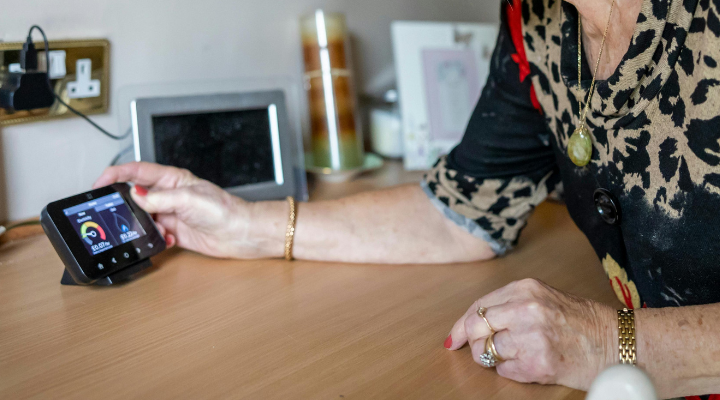For most small and medium businesses, energy costs feel like one of those “set and forget” expenses. You get the bill, pay it and move on. But here’s the thing: energy waste is often hiding in plain sight, quietly draining your bottom line.
And, with electricity prices only going up, Australian businesses quite literally can’t afford to waste power.
The good news is that you don’t need a massive budget to do something about it. These five tips are practical, proven, and can make a real dent in your 2025 energy bills.
1. Invest in smart metering
Smart meters don’t just track your usage, they show you exactly when, where, and what’s chewing through your electricity. With this information, you make smarter decisions on upgrades, maintenance, and energy contracts – plus what activities you might want to cut back on. Energy NSW has a quick-reference info page on smart meters.
2. Turn your team into energy champions
Let’s face it. Even the best systems won’t save you money if your people are unknowingly working against them. Training your staff in basic energy literacy, like switching devices off properly, managing air-con settings, or using energy-saving modes can pay off quickly. Pair this with workplace energy challenges or dashboards to boost engagement. It’s not just about cutting costs, it’s about building a culture where everyone contributes to energy efficiency.
3. Move to the cloud
Still running local servers or legacy systems? Those server racks might be quietly racking up your power bills. Cloud platforms have become incredibly efficient, both in energy use and performance. Transitioning to the cloud not only reduces your electricity consumption, but also cuts down on hardware headaches, lowers maintenance costs, and improves business continuity. Bonus points if your cloud provider uses renewables.
4. Automate off-hours
This one’s simple, but effective. If your lights, signage, or equipment are still humming along after hours, you’re paying for power no one’s using. Timers, smart plugs, and affordable building automation tools can take the guesswork out of it. Even setting devices to ‘low power’ mode overnight can lead to noticeable savings, especially for retail, hospitality, or office-based SMBs.
5. Leverage local initiatives
You don’t have to go it alone. Many Australian councils now offer sustainability programs specifically designed for small businesses. These include free or subsidised energy audits, group-buy programs for LED lighting, and tailored advice to help you reduce usage without disruption. Look up initiatives like the City of Sydney’s Better Buildings program or Melbourne’s Sustainable Business Program. These aren’t just for big corporates. If you’re not tapping into what’s available, you could be leaving savings on the table.











